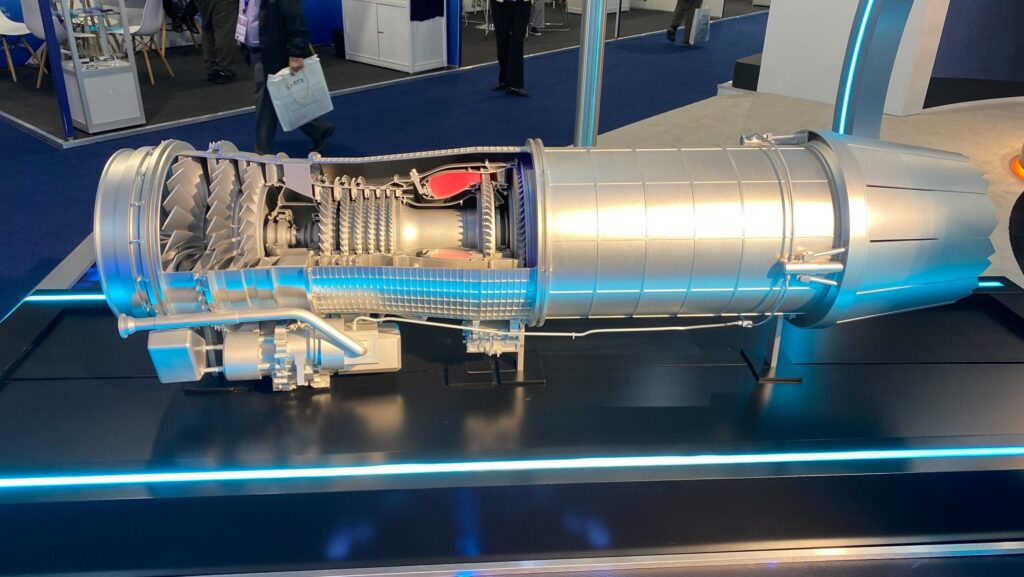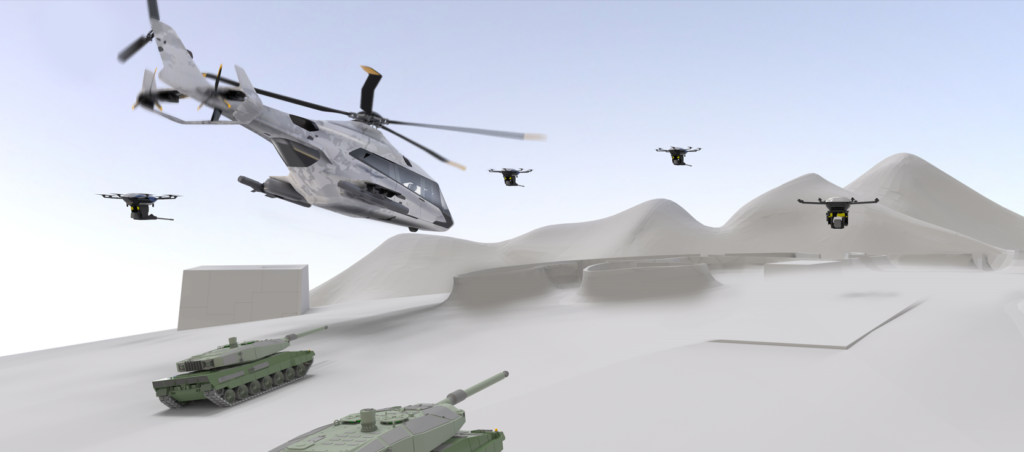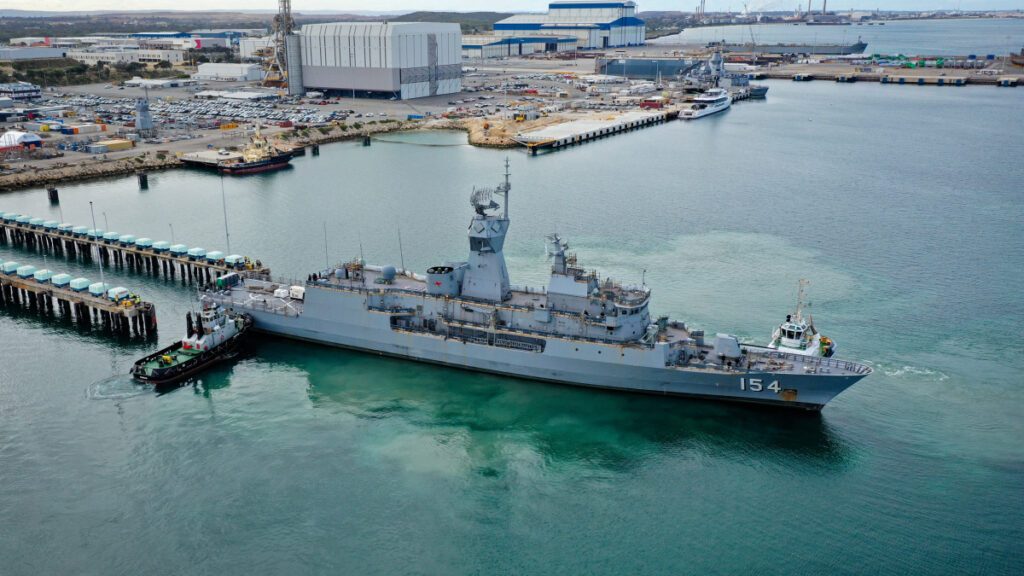An F-35A Lightning II assigned to the F-35A Lightning II Demonstration Team launches out to perform at the Innovation and Leadership in Aerospace Berlin, held at the Berlin Expo Center Airport, Berlin Brandenburg International Airport, June 8, 2024.
As the Senate Armed Services Committee marks up its version of the fiscal year 2025 National Defense Authorization Act (NDAA) this week, one idea deserves close consideration: a new role that would bolster the Pentagon’s global coordination with partners and allies.
The Defense MoU Attachés Group (DMAG), supported by the US Chamber of Commerce and the Aerospace Industries Association (AIA), has proposed the creation of an Under Secretary of Defense for International Cooperation. This position, the DMAG argues, would “enhance the harmonization and efficiency of international armaments cooperation” and “provide interoperable and interchangeable capabilities to our warfighters at this critical time and into the future.”
While this role did not come up during discussions in the House Armed Services Committee, there is reason to believe the SASC may be considering it. That is very good, because focusing DoD international security cooperation efforts is indeed an idea whose time has come as the United States and our close allies and partners support Ukraine and Israel while preparing for potential hostilities in East Asia.
How this is done, however, is key, and I am not convinced an undersecretary role — and its inevitable large staff, reporting directly to the deputy secretary of defense — is the best way forward.
To be clear, there are real issues at play, and having more clarity about who is handling them would be beneficial for the Pentagon, industry and outside partners.
While efforts at joint weapons development are beginning to deliver results, challenges remain. Export controls and technology release procedures, for example, continue to frustrate the ability of firms based in the United States and allied countries to collaborate. The FY24 NDAA did create an AUKUS exemption for Australia and the UK in the International Trafficking in Arms Regulation, but AIA and others are rightly paying close attention to ongoing State Department rulemaking, to ensure that this effort does not fail in implementation as numerous previous efforts like the Defense Trade Cooperation Treaties.
Additional defense-related Buy American provisions, meanwhile, continue to be introduced each year, ignoring the extent to which ally and partner industrial capacity advantages DoD and US companies alike. Finally, there is sentiment in some quarters that international industrial cooperation, particularly regarding Ukraine, is not in the US interest. While DoD data and American Enterprise Institute analysis demonstrate how this funding has significantly benefited the US defense industrial base, skepticism remains.
Addressing these challenges requires two sets of actions, one analytical and one organizational.
First, it is important to demonstrate empirically how international defense cooperation directly and indirectly impacts the US industrial base. A broad-based independent analysis of the impact of international defense cooperation would help to illuminate how US subsidiaries of allied-headquartered firms, foreign and direct commercial sales, international cooperative programs like the F-35 Lightning II, and other efforts contribute to the US and overall global industrial base. I am confident that this analysis will demonstrate that increasing international industrial collaboration and US domestic manufacturing are mutually reinforcing activities, and that additional Buy America provisions are unnecessary and counterproductive.
A second way to increase focus on defense security cooperation is through organizational change. The lack of a single office within DoD that has primary responsibility for fostering collaboration with allies and partners is not a new problem. The lead offices for Foreign Military Sales, defense technology security, and international cooperative programs have been split between the Under Secretaries of Policy and Acquisition and Sustainment for decades, and the services each have strong offices dedicated to international programs.
This has always been sub-optimal, but workable, as companies and partner governments navigated various stakeholders depending on the issue. Given the dramatic need for increased collaboration, operation, and sustainment between the United States and our allies and partners to meet today’s critical national security challenges, we must move beyond that sub-optimal approach and not settle for “workable.” We need something that actually meets the needs of allies and industry.
Creating new offices or reorging existing organizations are hardy perennials for achieving change in government. The effectiveness of these bureaucratic changes, however, depends equally on the nature of the organizational shift and on how well it matches the existing culture and structure of the organization.
The cautionary tale of the former DoD Chief Management Officer (CMO) is important to consider: The CMO function was created by Congress at the undersecretary level to bring business best practices to DoD. Despite its seniority, this role never worked because the function did not fit the culture of the Department and the CMO was eventually cancelled in the FY21 NDAA. An Under Secretary for International Cooperation could similarly struggle.
A better approach would be to create an Assistant Secretary for International Cooperation, one rung down on the defense bureaucracy ladder. That would mirror the approach taken when Congress established the Assistant Secretary of Industrial Base Policy in the FY21 NDAA. As with that role, the important outcome is that international defense cooperation will have a single focal point at the right level that can speak for the Department to Congress and allies and partners but making it an ASD instead of a USD would keep the office from growing too bloated, too quickly, and give it a better chance of matching what is needed.
Whatever the outcome, it is time for action on this critical issue, particularly given its impact on domestic and global industrial base capacity to address today’s national security issues.
Jerry McGinn is the Executive Director of the Greg and Camille Baroni Center for Government Contracting in the Costello College of Business at George Mason University and a former senior DoD acquisition official.



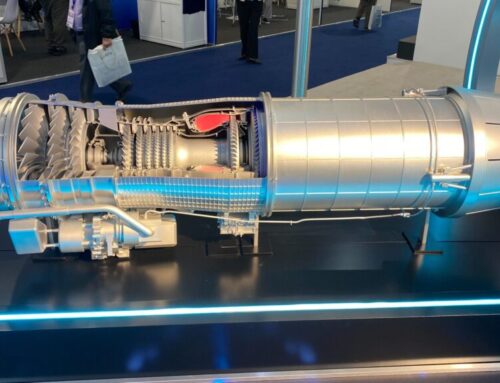

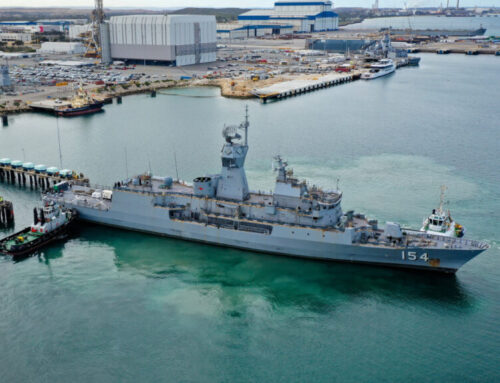
![The sights from the 2024 Farnborough Airshow [PHOTOS]](https://centurionpartnersgroup.com/wp-content/uploads/2024/07/IMG_8722-scaled-e1721930652747-1024x577-hZjwVb-500x383.jpeg)
